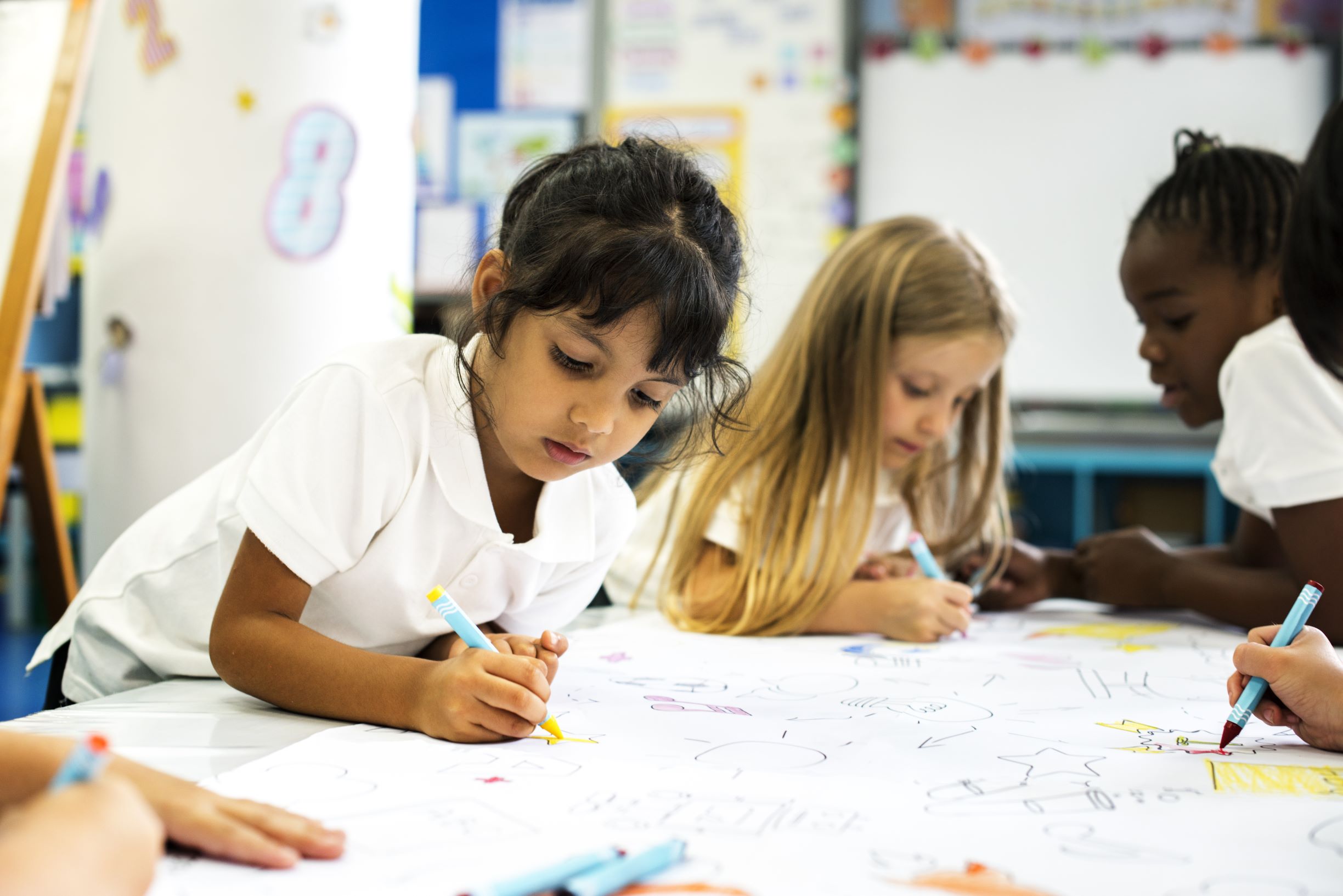
Dr. Scherto R. Gill is a Senior Fellow at the GHFP Research Institute, an international peace think-tank that is based in the United Kingdom. She is a Visiting Fellow at the Centre for International Education, an Associate Lecturer at the University of Sussex, and a Research Fellow at the Harmony Institute, University of Wales Trinity St David. Dr. Gill forms part of the European consultation working group for the G20 Interfaith Forum.
The Coronavirus crisis has unveiled a hidden pandemic that has been consuming a huge part of humanity for many decades – discrimination and exclusion of those who are disadvantaged due to gender, ethnicity, religion, age, ability, sexual orientation, socio-economic status, language, beliefs, and other backgrounds. What ‘vaccine’ is necessary to help bring to an end of this hidden pandemic?
During the Covid-19 crisis, disadvantaged children and young people are amongst the most marginalised. According to UNDP, 86 per cent of primary school-age children in countries with low human development are out of education. Despite the challenges, there has also been comfort. When schools are out of action, for many communities, it is faith-inspired initiatives that are actively filling the gaps wrought by school closures and isolation. In fact, religious communities have long played an important part in reaching out to the excluded, caring for the vulnerable, and encouraging equality in education. This is not only because they are integral parts of societies, economies and polities, but more importantly, caring for the weak and needy is at the core of these communities’ raison d’être.
What might we learn from a faith approach to educational inclusion and social cohesion? In June this year, the G20 Interfaith Forum established an Education Task Force, and, in collaboration with the GHFP Research Institute, conducted an in-depth survey with 50 worldwide educational organisations to seek insights into a faith-inspired perspective of, and approach to, educational inclusion, before, during and after the COVID-19 crisis.
What we found surprised us.
First, there is clearly a common faith-based understanding that inclusion is more than giving students access to education. Inclusion is above all about nurturing the whole child, supporting their holistic well-being in all dimensions, e.g. the physical, social-emotional, intellectual, moral, cultural, and spiritual. Second, a faith perspective advocates that human diversity is not to be feared, but instead, it sees that differences can enrich our cultural practices, and encourage our schools to be more sensitive to the evolving needs of all students. Third, a faith approach demonstrates that inclusion must be an integral endeavour, from interfaith curriculum, to relational pedagogy; from dialogic and collaborative learning spaces, to directing learning at local realities with a view to transform them.
These faith-inspired perspectives have prompted the Task Force to realise that education already holds the ‘cure’ of the widespread social malady, but a ‘cure’ that hinges on an escape of the system of production. Only such an education, according to John Dewey, will not rob our children of their tomorrow. Hence it is not an exaggeration to propose that the ‘vaccine’ to end the hidden pandemic of inequality is precisely to be found in an education system that is inclusive and human-centred, and that cares for and supports the flourishing of all. This is a humanising system of dignity, quality and equality, based on a shared vision of learning as consisting, in part, of living an ethical life together.
Covid-19 is already depriving worldwide youths of the opportunities for continued learning, work placement, employment, and livelihood. It therefore requires a concerted policy effort from global leaders to ensure that inclusive and caring education reaches all students, nurtures their human qualities, strengthens their spiritual resilience, and engages them in a promising future.
Robert Camus reminds us that pandemics can help humanity rise above ourselves. Let’s rise through an education that encourages love, care and mutual appreciation.

Dr. Scherto Gill
Dr. Scherto Gill is Senior Fellow at the GHFP Research Institute, Visiting Fellow at the University of Sussex, Research Fellow at University of Wales, and Fellow of Royal Society of the Arts (FRSA). Through academic research and grassroots projects, Scherto actively explores ways to implement ideas such as deep dialogue, ethics of caring, holistic well-being and harmony in social transformation and peace. She writes in the fields of education, ethics, and governance. Her most recent books include: Happiness, Flourishing and the Good Life: A Transformative Vision of Human Well-Being (Routledge), Understanding Peace Holistically (Peter Lang), Beyond the Tyranny of Testing (Oxford University Press), Ethical Education: Towards an Ecology of Human Development (Cambridge University Press); and Being Peace and Making Peace (Spirit of Humanity Press).